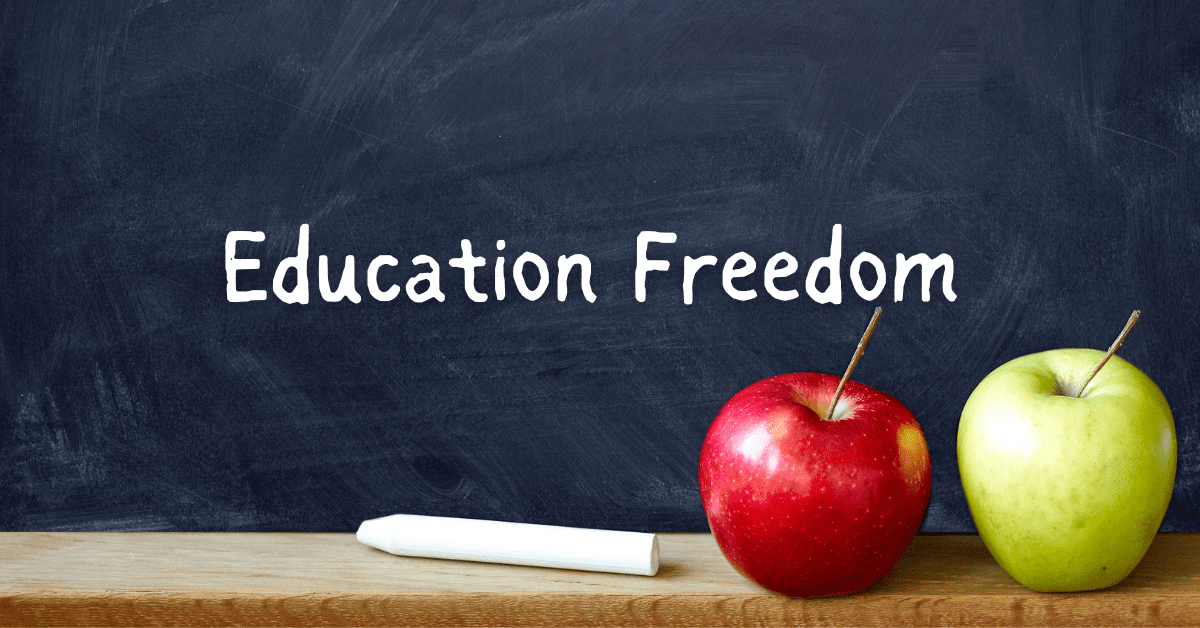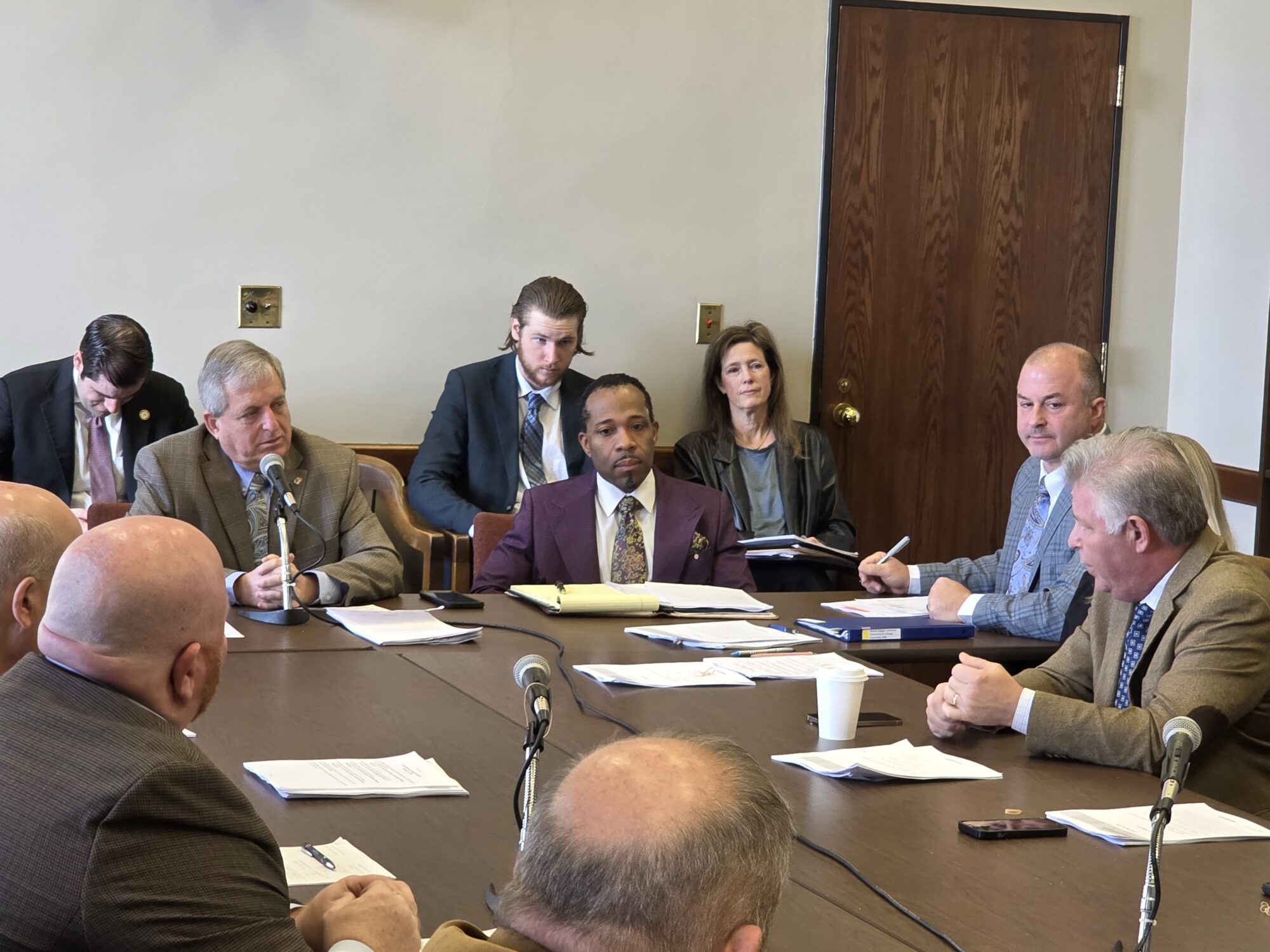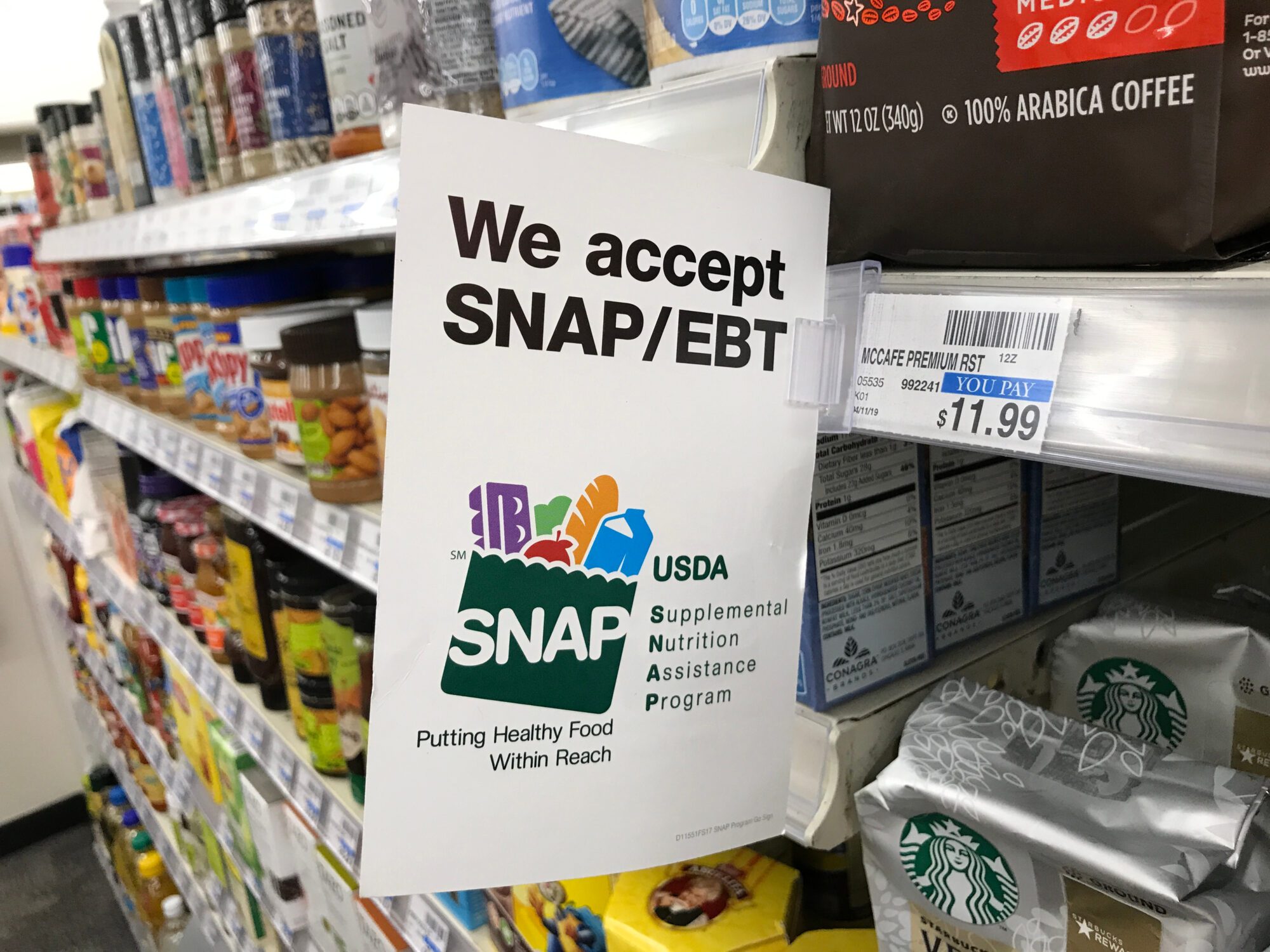
- A new statewide poll shows Mississippians, by and large, want the freedom to choose the best school for their child and they want lawmakers who will get on board.
A new statewide poll in Mississippi shows 85 percent of respondents say parents, not the government, should choose their child’s school.
Education freedom, or school choice, is a hot topic in the Magnolia State heading into the 2026 legislative session. Speaker Jason White (R) and House Republicans have made the issue their top agenda item heading into January, while across the Capitol, Lt. Governor Delbert Hosemann (R) and Senate Republicans have sought to temper expectations.
Yet, the new survey released Thursday conducted by The Tarrance Group for yes. every kid. foundation. offers lawmakers an updated look at where state voters are on the issue.
The result show Mississippians, by and large, want the freedom to choose the best school for their child – and they want lawmakers who will get government out of the way, said Matt Frendewey, vice president of strategy for the foundation.
“This poll shows broad support for universal ESAs and expanded public school options, and voters see that education freedom creates real accountability,” Frendewey said. “They’re ready to reward leaders who deliver it.”
Responses reported by the survey show that 75 percent believe education savings accounts (ESAs) should be available to all families, not limited by household incomes or district ratings. In addition, 79 percent said they would be more likely to vote for legislators who support making the ESA program statewide and universal, while 76 percent supported empowering children to attend any public school in Mississippi.
The poll also showed that 77 percent said when funding follows the child, schools are more accountable, and the same percentage expressed support for increasing accountability by allowing dissatisfied families to switch schools and take their money with them.
Speaker White took to social media earlier this week to push back on critics’ assertion that universal ESAs “could bankrupt the state,” noting that implementation of universal school choice can be rapid or measured.
“Many states have used lengthy phase-in processes, as well as self-imposed enrollment or spending caps, to provide budget predictability and ensure sustainability,” White wrote on X. “Public school students who use an ESA (Education Savings Account) to attend private school would be budget neutral to the state.”
White went on to say that even in states with universal school choice, “only about 21% of private school or home school students participate in the program in the first year.”
“Therefore, in Mississippi, using the most recent average state spending per student number ($6,800), we can calculate that the additional cost to the state would be about $90 million. Certainly not an insignificant number, but that is only about 3% of state spending on K-12 education,” Speaker White said. “Mississippi continues to maintain a strong fiscal and financial position. The latest revenue estimate report shows collections up $45.7 million for the month and $69.9 million over-estimate for the fiscal year to date.”
A select committee on education freedom appointed by White has been holding hearings in the House this fall, listening to various perspectives and gathering information from stakeholders. Legislation is reportedly being drafted to achieve the House’s goal of expanding school choice in Mississippi, after similar efforts died in the Senate last session.
Measures are likely to be filed early in the 2026 session and moved quickly out of the House Education Committee to the floor for a vote. With Republicans holding a supermajority in the chamber, that legislation is expected to pass. What transpires from there will depend on how far Lt. Governor Hosemann and Senators are willing to go. Hosemann has said he expects Senators will consider a bill to ease the process for public-to-public school transfers but has thus far not waded further into the larger education freedom policy debate.
The yes. every kid. foundation. poll recorded the responses of 600 registered Mississippi voters via text and online surveys between October 27 and October 30.











